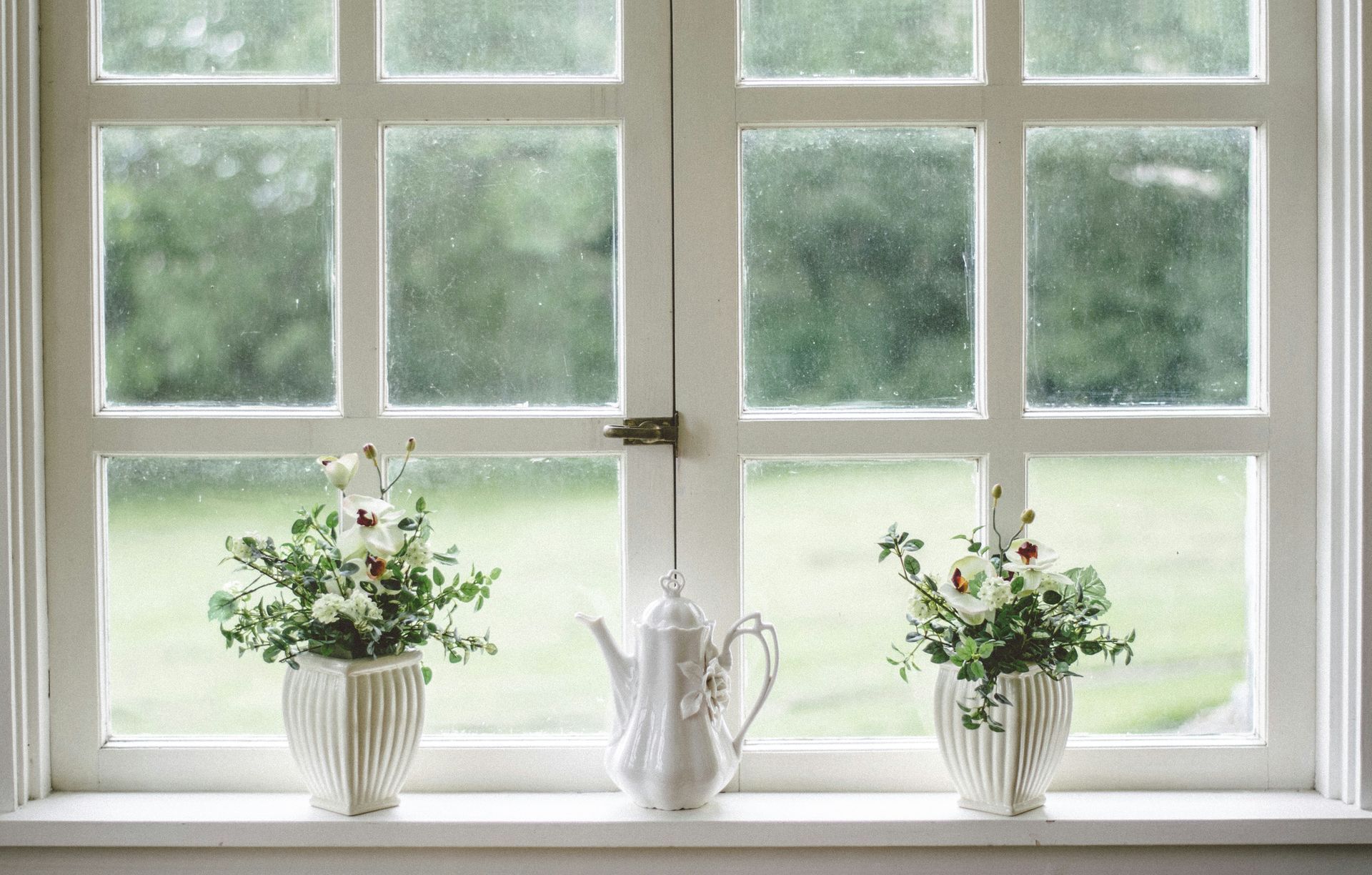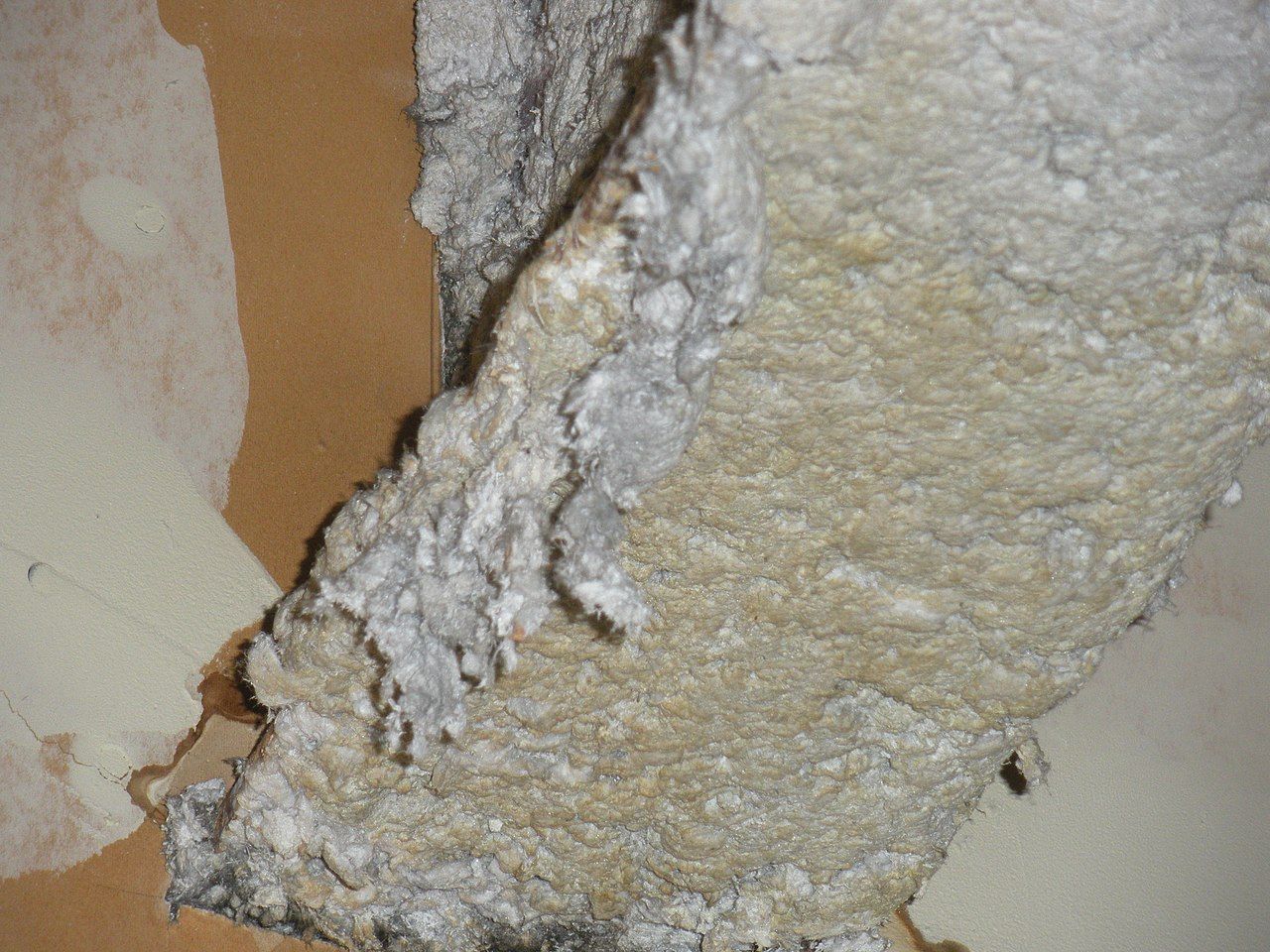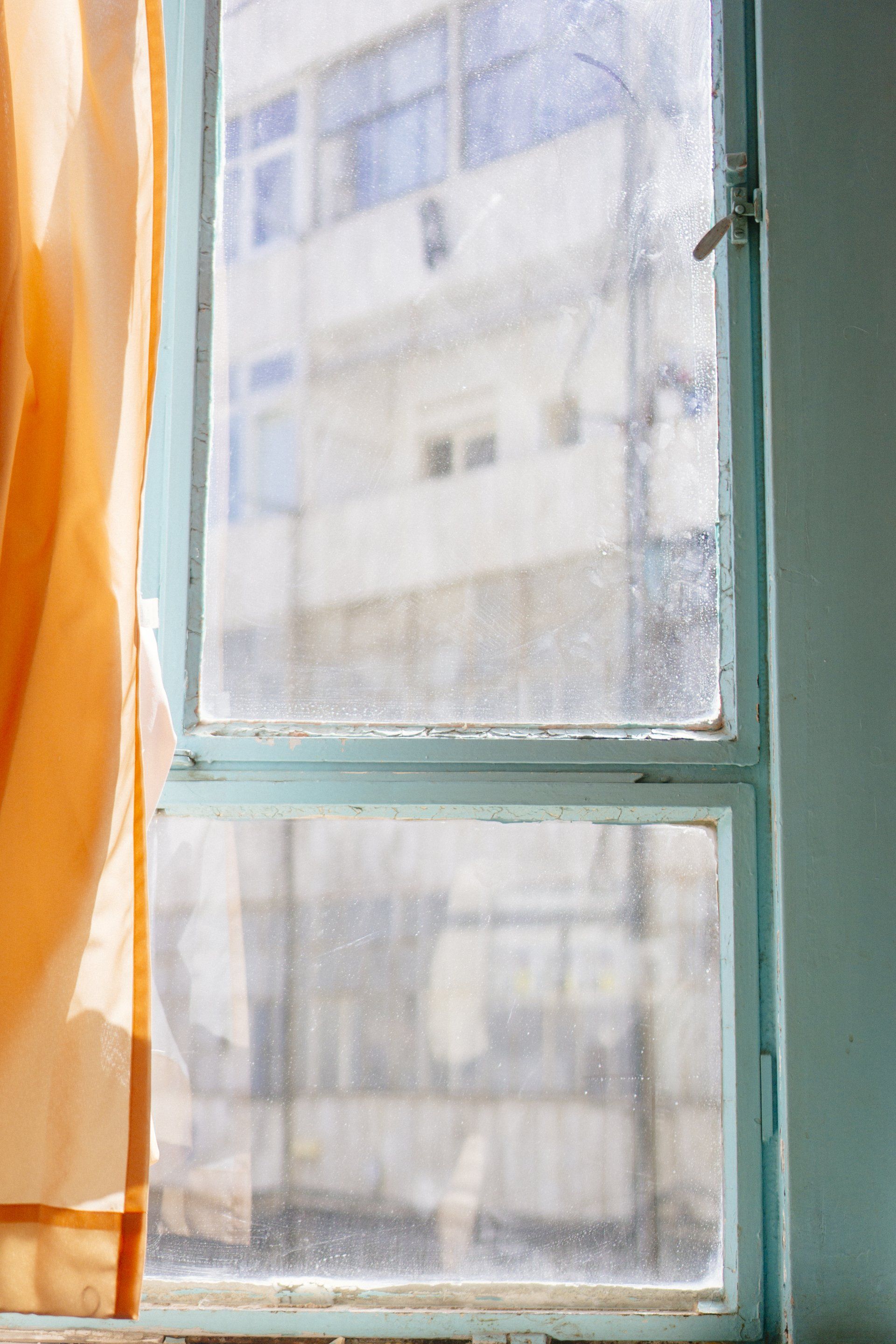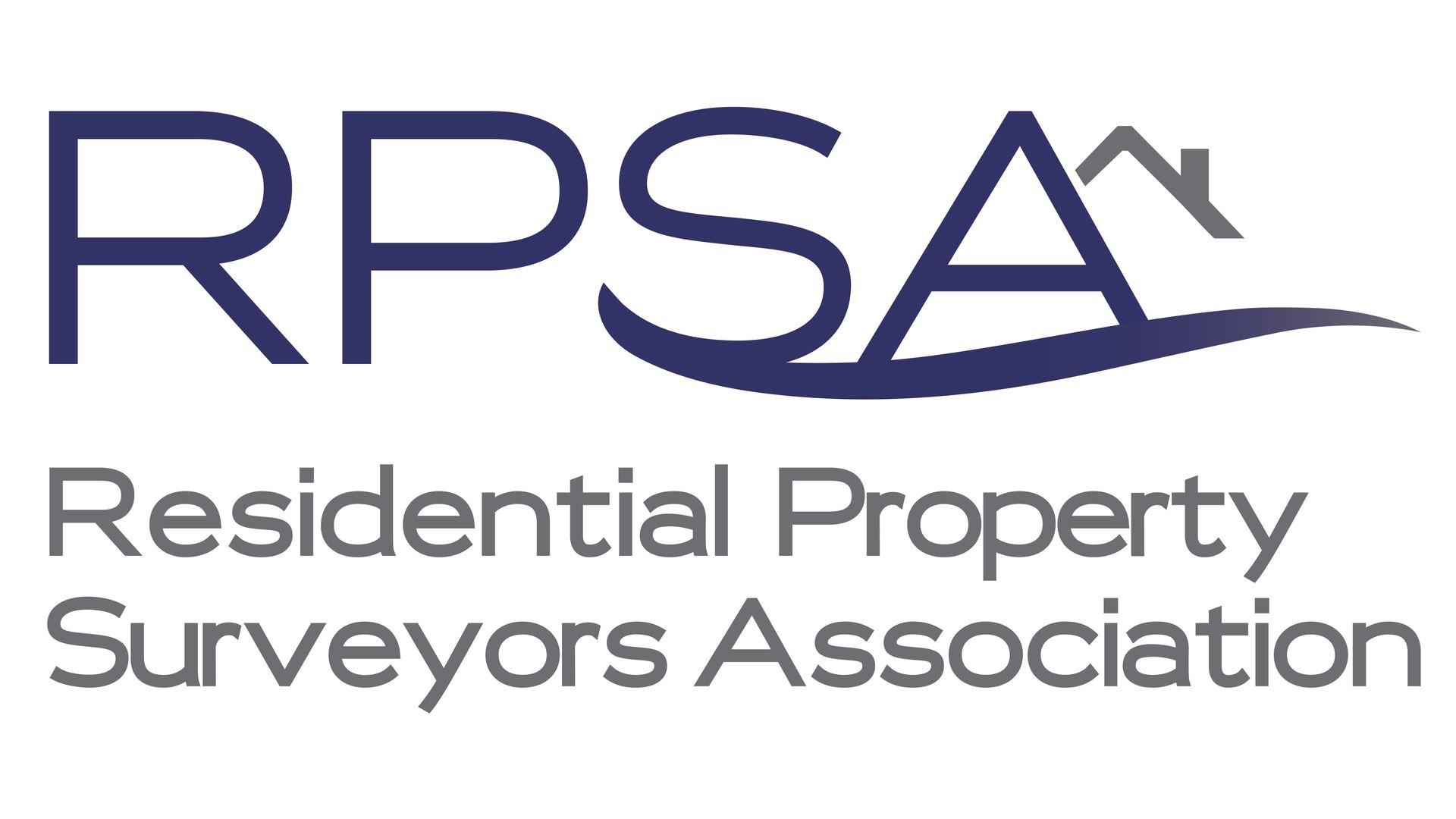Follow Us
10 Street Name, City Name
Country, Zip Code
555-555-5555
myemail@mailservice.com
The Home Health Expert Blog

By Jason Ratcliffe
•
September 8, 2024
Radon, a naturally occurring radioactive gas, can pose a serious health risk if present in high concentrations within your home. Despite being colourless, odourless, and tasteless, radon can significantly increase the risk of lung cancer. In the UK alone, radon is responsible for approximately 1 in 100 lung cancer deaths annually. What is Radon and How Does it Affect Your Health? Radon is formed from the breakdown of uranium in the soil. It can seep into homes through cracks in the foundation or other openings. Once inside, the radioactive particles can attach to dust and be inhaled, damaging lung tissue and increasing the risk of lung cancer. Measuring Radon Levels It's crucial to have your home tested for radon to assess your exposure levels. Radon testing kits are available, but it's important to note that they can take several months to provide results. If you're concerned about high radon levels, it's advisable to consult with a radon specialist for professional testing and guidance. Identifying Radon-Prone Properties Older homes, particularly those built before 1945, are more likely to have higher radon levels due to less stringent building codes and the potential deterioration of radon-resistant barriers. Properties in areas with high radon potential, such as Cornwall, may also be at a greater risk. Reducing Radon Exposure Several strategies can help reduce radon levels in your home: Ventilation: Adequate ventilation, including opening windows and doors regularly or using mechanical ventilation systems, can help dilute radon concentrations. Radon Barriers: Installing radon barriers can prevent radon from entering your home from the ground. Radon Sumps: Radon sumps can capture radon and remove it from the home. Subfloor Ventilation: Ensuring proper ventilation under your home can help reduce radon levels. Cost Considerations The cost of radon mitigation measures can vary depending on the severity of the radon problem and the chosen solutions. While initial investments may be required, the potential health benefits justify the expense. More information Radon is a serious health hazard that should not be ignored. By understanding the risks, testing your home, and taking appropriate measures to reduce radon levels, you can protect yourself and your family from the dangers of this invisible threat. Our team cover the topic of radon gas in more detail on the Heal Your Home podcast. The episode is titled " Radon Gas - What is it and is it harmful? ". You can find the episode below, along with links to listen wherever you get your podcasts: https://www.podpage.com/heal-your-home/radon-gas-what-is-it-and-is-it-harmful/ More information on Radon gas can also be found on the UK Government website: https://www.ukradon.org/information/
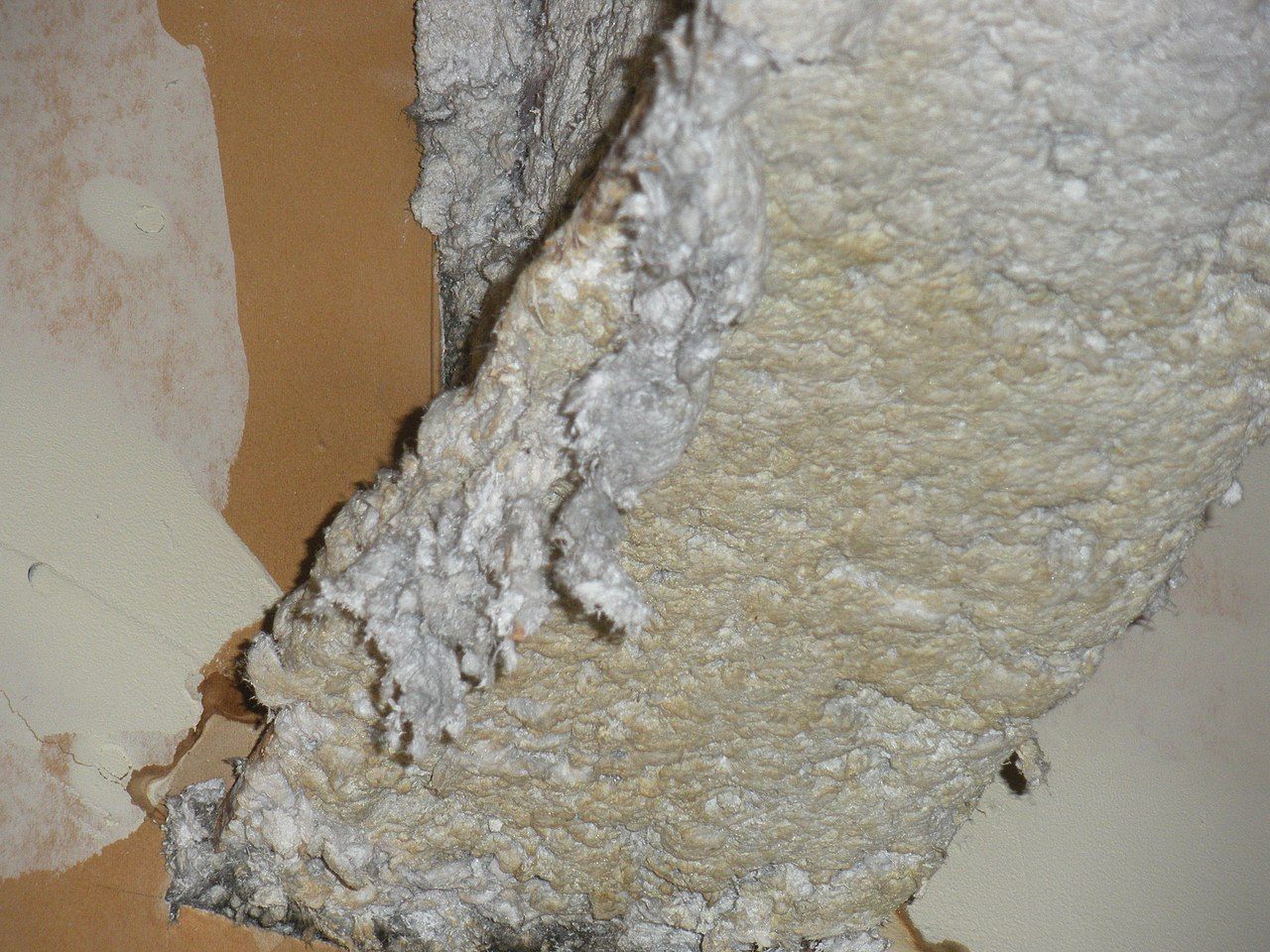
By Jason Ratcliffe
•
June 11, 2024
Asbestos might seem like a dry subject, but it’s crucial to understand its risks to ensure the safety of you and your family. Known within the medical industry for its detrimental impacts on health, asbestos has been a silent killer, and despite its ban in the UK since 1999, it still lurks in many properties built before that year.

October 2, 2023
As a tenant you may feel like you do not have the option to consider sustainable improvements to your home. However, in the UK there are several grants and financial assistance programs available for residential tenants to improve their property. Here are some options: 1. Energy Company Obligation (ECO): The ECO scheme offers assistance for low-income and vulnerable households to improve their energy efficiency. It provides grants for insulation, boiler replacements, and other energy-saving measures. Eligibility criteria vary, and tenants can check with their energy supplier or local authorities for more information. - https://www.gov.uk/government/news/government-joins-with-households-to-help-millions-reduce-their-energy-bills 2. Green Homes Grant Scheme: The Green Homes Grant Scheme was introduced in 2020 to provide financial support for homeowners and landlords, including tenants, to make energy-efficient improvements. The scheme offers vouchers that cover up to two-thirds of the cost of eligible energy-saving measures, such as insulation and low-carbon heating systems. 3. Warm Home Discount Scheme: This is a one-off discount from energy suppliers to eligible low-income households to help with their energy bills. Tenants who receive certain means-tested benefits might qualify for this scheme. The discount is applied directly to the energy bill. - https://www.gov.uk/the-warm-home-discount-scheme 4. Local Authority Grants and Schemes: Local authorities often have their own grants and schemes to support energy efficiency improvements for tenants. These can include funding for insulation, heating upgrades, and renewable energy installations. Tenants can contact their local council or housing department for program details. 5. Winter Fuel Payment: The Winter Fuel Payment scheme provides a tax-free payment to help eligible older people with heating costs during the winter. While this is not specific to tenants, it can benefit eligible tenants who meet the age and other criteria. - https://www.gov.uk/winter-fuel-payment Researching and checking eligibility criteria for these grants and schemes is important, as they may vary depending on your location and individual circumstances.

October 2, 2023
Improving your home's carbon footprint can save you money on running costs for the property while also increasing the value when considering to sell. Here are a few things to consider: 1. Increasing Demand for Sustainable Homes: With growing awareness of environmental issues and a desire to reduce carbon emissions/reduce energy bills, there is an increasing demand for sustainable homes. Buyers who prioritise sustainability may be willing to pay a premium for homes with improved carbon footprints. It is important to ensure that all works have documentation to evidence they have been installed by a competent contractor and have all relevant warranties in place. 2. Energy Efficiency and Lower Utility Bills: Improving your home's carbon footprint often involves making energy-efficient upgrades, such as insulation, solar panels, or efficient heating systems. These upgrades can lower utility bills for the future homeowners, potentially making the property more attractive and, therefore, valuable. 3. Market Awareness and Buyer Preferences: The value of improving your home's carbon footprint can also depend on the local market and buyer preferences. Some areas or segments of the market may prioritise sustainability more than others. Researching local buyer preferences and understanding the market can help identify the potential value of these improvements in relation to the market value of the property. 4. Long-Term Investment: Even if the immediate financial value of improving your home's carbon footprint may not be significant in terms of resale value, such improvements can be seen as a long-term investment. Lower operation and maintenance costs, reduced energy consumption, and potential future regulatory changes can make a sustainable home more financially advantageous over time. It is important to note that the value placed on a reduced carbon footprint may vary from buyer to buyer. Some may see it as a significant factor, while others may prioritise other aspects of a home. However, in an evolving property market, sustainability is becoming an increasingly valued attribute. Ultimately, by improving your home's carbon footprint, you contribute to a more sustainable future and may appeal to buyers who share the same beliefs and values.
Copyright Home Health Expert Limited
© 2025
